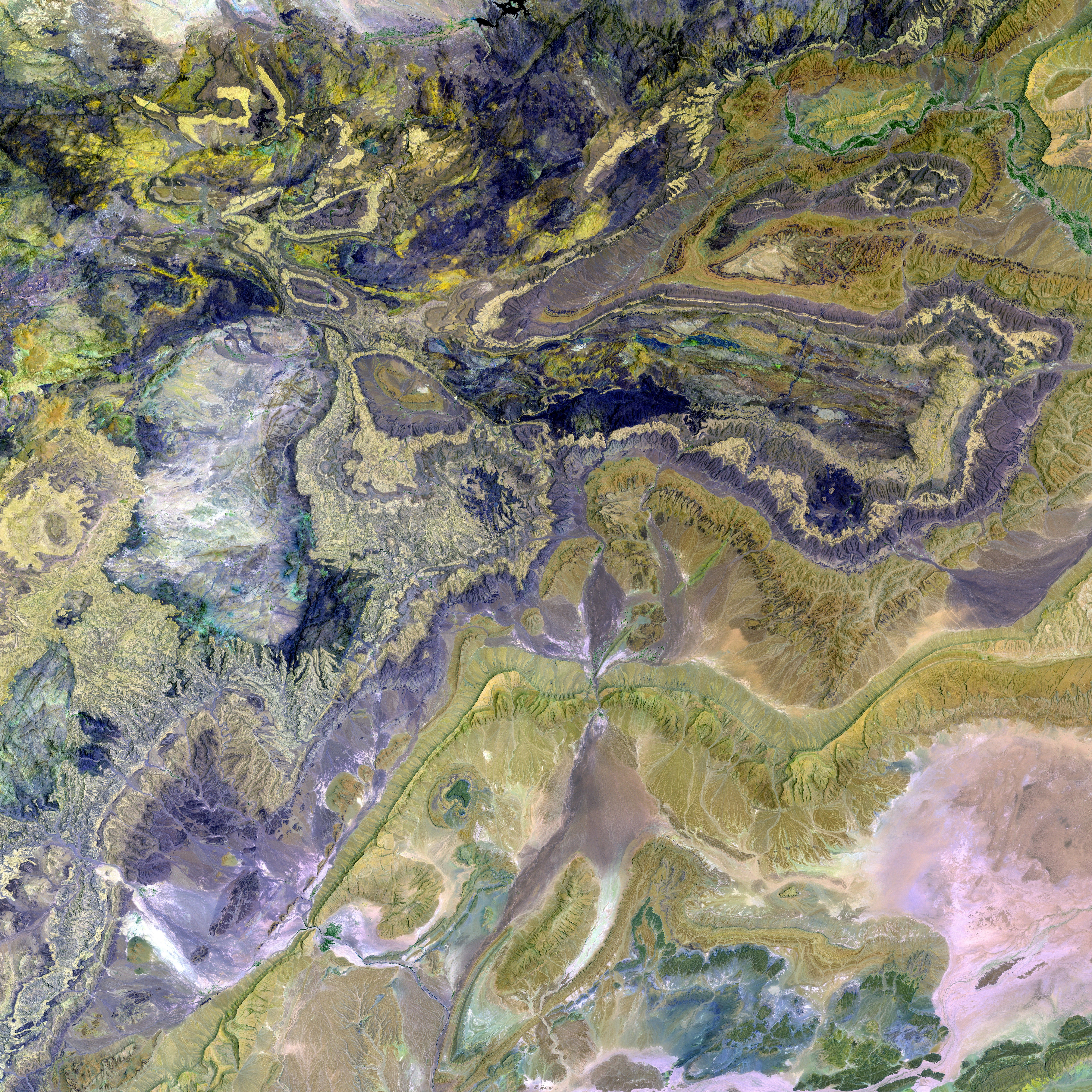EU Takes Action Against Rwanda: Sanctions Over Eastern Congo Violence
A Closer Look at the EU's Decision
EU Introduces Punitive Measures Against Rwanda
In a bold move, the European Union (EU) has placed sanctions on Rwanda, following the M23 militia's violent incursion, backed by Rwandan soldiers, into the eastern Democratic Republic of Congo. The sanctions list includes three top generals of the Rwandan Defense Force (RDF), the head of the mineral agency, and a local gold refinery [article source].
These sanctions are a response to the alleged violation of the Democratic Republic of Congo's territorial integrity by the RDF, which the EU believes contributes to conflict, instability, and insecurity in the region. Moreover, Rwanda is accused of supporting the M23 militia via revenues from the extraction of "illegal" minerals in the region [article source].
High-Level Targets of the Sanctions
The EU's sanctions touch upon key figures like Major General Ruki Karusisi, Major General Eugène Nkubito, Brigadier General Pascal Muhizi from the Rwandan Defence Forces, Bertrand Bisimwa, the leader of the M23 rebel group, and several other high-ranking M23 members [enrichment data].
Diplomatic Disagreements and Broken Ties
Notably, the sanctions have resulted in a diplomatic rift between Rwanda and Belgium, a colonial power in both the Democratic Republic of Congo and Rwanda. Rwanda has severed ties with Belgium, justifying its decision by accusing Belgium of consistently undermining the country during the ongoing conflict in the Democratic Republic of Congo [article source].
A Crisis that Affects Thousands
The conflict in eastern Democratic Republic of Congo has escalated, resulting in thousands of casualties and causing hundreds of thousands of people to flee their homes. Despite the ongoing diplomatic efforts, the M23 rebels have seized key cities, putting immense pressure on the civilian population [enrichment data].
Ongoing Peace Talks and International Pressure
There is a future glimmer of hope, as a rebel alliance, including the M23, has agreed to participate in peace talks. In addition, Western countries are applying pressure through the withholding of development aid, joining the EU in efforts to resolve the conflict [enrichment data].
[article source]: ntv.de, AFP[enrichment data]: [1] European Council, "Council Decision (CFSP) 2025/XXX on the imposition of restrictive measures in view of the situation in the Democratic Republic of the Congo and in adjacent areas", Brussels, 17 March 2025; [2] BBC News, "Rwanda cuts ties with Belgium over Congo sanctions", 18 March 2025; [3] Reuters, "EU imposes sanctions on Rwanda over eastern Congo crisis", 17 March 2025; [4] United Nations News, "Conflict in eastern Congo escalates, thousands flee violence", 19 March 2025.
- The European Union's sanctions on Rwanda, imposed due to its alleged support for the M23 militia and illegal mineral extraction in the Democratic Republic of Congo, also include an employment policy ban for individuals on the sanctions list, as stated in the Council Decision (CFSP) 2025/XXX on the imposition of restrictive measures in view of the situation in the Democratic Republic of Congo and in adjacent areas.
- Furthermore, Rwanda's alleged violation of employment policies, as a result of its military involvement in the eastern Democratic Republic of Congo, has led to diplomatic sanctions and the severing of ties between Rwanda and Belgium, as mentioned in the article from BBC News titled "Rwanda cuts ties with Belgium over Congo sanctions".
- In an attempt to curb unauthorized activities, such as the trafficking of minerals and the support of armed groups, the European Union's sanctions against Rwanda extend to communication platforms, including the restriction of certain individuals' use of WhatsApp, as implied in the discussions around the impact of technology on conflict resolution and peacebuilding in the Democratic Republic of Congo.







